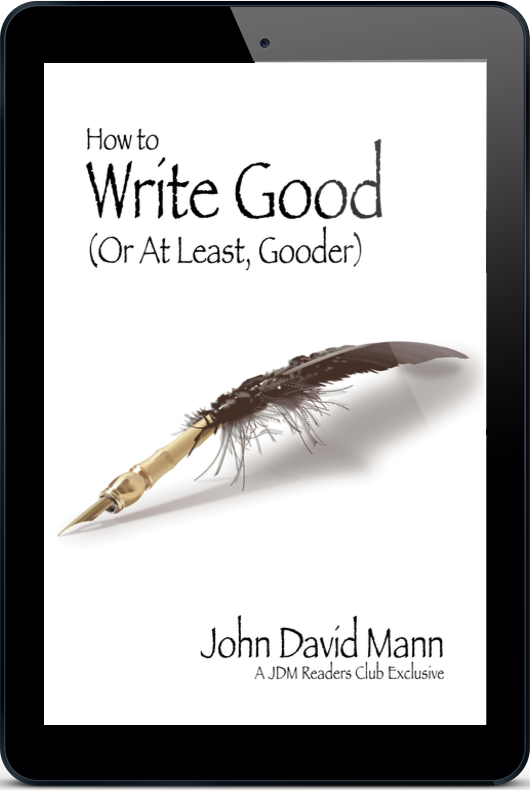For years I have believed that the most empowering thing one can do is to freely declare, “I was wrong.” I believe this is one of those acts that can elevate one’s character and ennoble one’s life as almost nothing else can.
Why is it that we so ardently cling to being right? In The Zen of MLM I quote Eckart Tolle, who said:
“The obssessive need to be right is an expression of the fear of death.”
The first time I heard those words (on one of Tolle’s audiobooks), I was so struck by them that I had to pull over, stop the car’s audiocassette player, rewind, and listen again. And again. I was enthralled. Had this man just identified the single most compelling cause of conflict—from friendly spats to global warfare—in the history of civilization?
Perhaps we tend to hold tight to our rightness out of the sense that doing so might make us godlike, in control of our world. My experience is that in fact, it does quite the opposite.
The capacity to admit you were wrong—not grudgingly, not under duress or someone else’s insistence, but freely and in the spirit of excited discovery—is a glorious thing for the care and feeding of one’s soul. And here is its corollary—the equally glorious thing for the care feeding of one’s relationships, saying those other three little words that mean so much:
“I am sorry.”
In 1633, Galileo Galilei was tried, convicted and sentenced to death. His heresy: publishing a book that claimed the earth was not the center of the universe.
Eventually, the church acknowledged that Galileo was right, and that they were wrong to condemn him. (The death sentence was eventually commuted to house arrest for life, which still sucked.) But this acknowledgment did not come in his lifetime, and not even in his century. In fact, can you guess when the Italian astronomer was finally given an official, formal apology?
It was exactly fifteen years ago today: October 31, Halloween, 1992. A skeleton in the closet laid to much-needed rest. (Boo!)
It’s never too late to say those three powerful little words that mean so much.



“I was wrong.”
“I’m sorry.”
“Forgive me.”
If nothing else (and you know there has to be much else), speaking them they will leave you open. Open to what? I’ll leave that blank for you to fill in as you wish.
Add… “Thank you” and “I love you.” And you won’t need any acknowledgment from the church. You’ll be dealing directly with the Source.
Thanks, John David.
I appreciate you!
Another good three:
“Your fly’s open.”
This allows you to immediately follow up with:
“I was wrong.”
“I’m sorry.”
“Forgive me.”
This technique may be helpful with difficult people. Of course it could backfire also. In which case:
I’m sorry.
I was wrong.
Forgive me.
*{:->
Hi Mr Mann
thanks for sharing, love your books. What health center did you have in charlottesville and are you still there? I am just over the mountain in harrisonburg and have a wellness center myself. would love to see yours and how you do it
http://www.drkathleen.blogspot.com